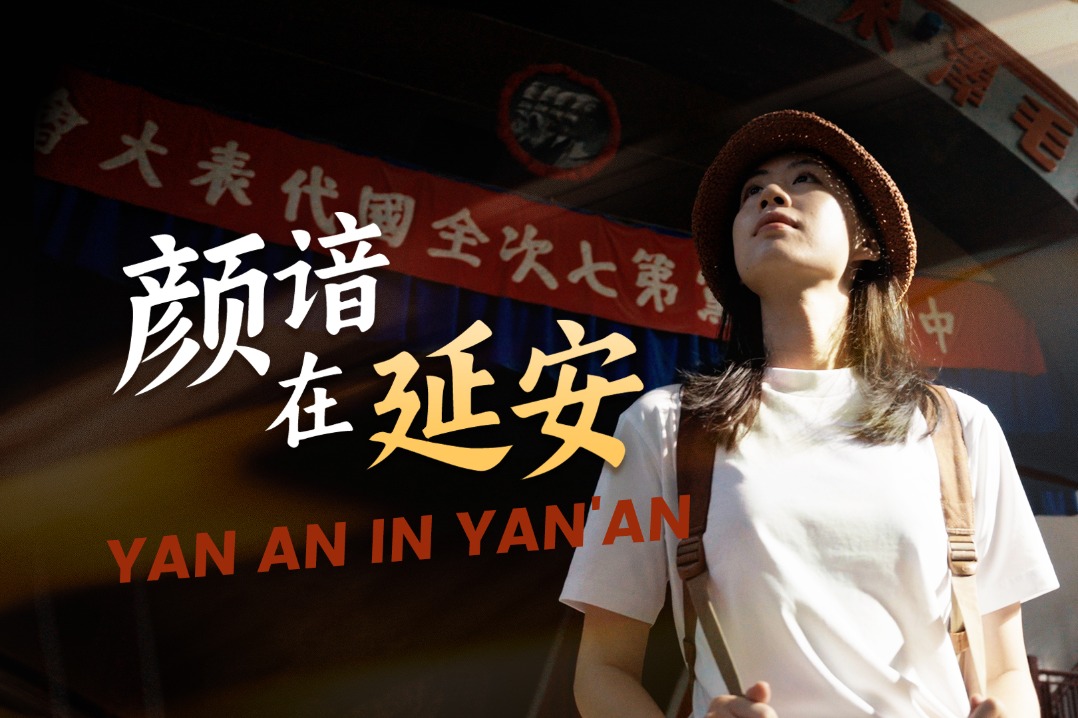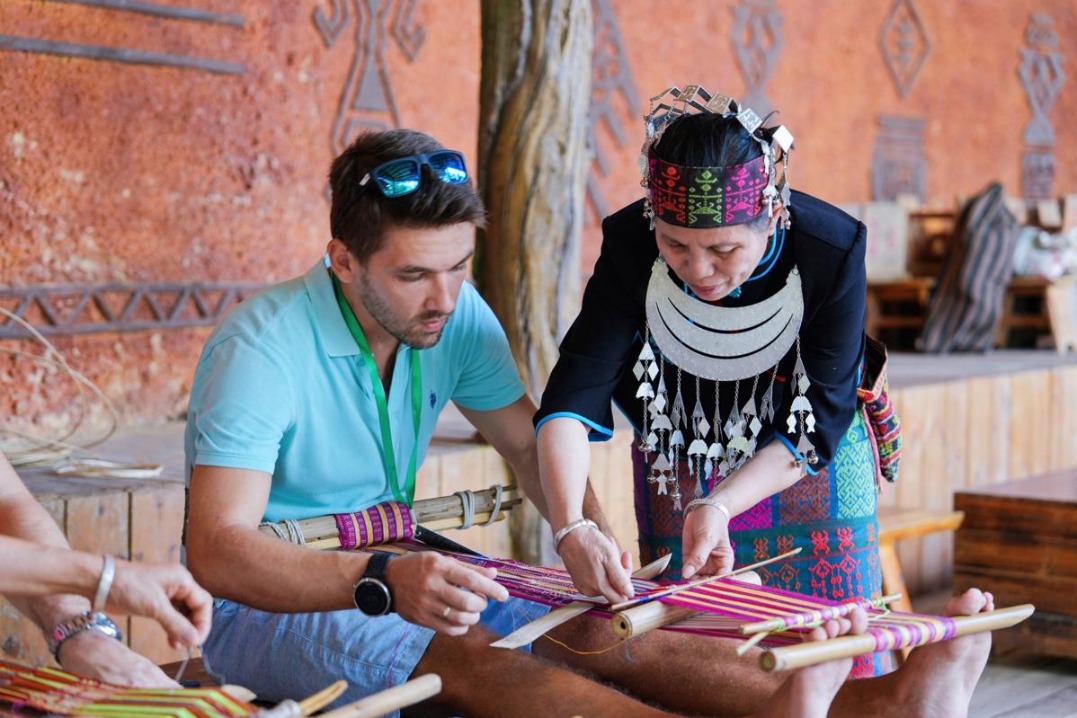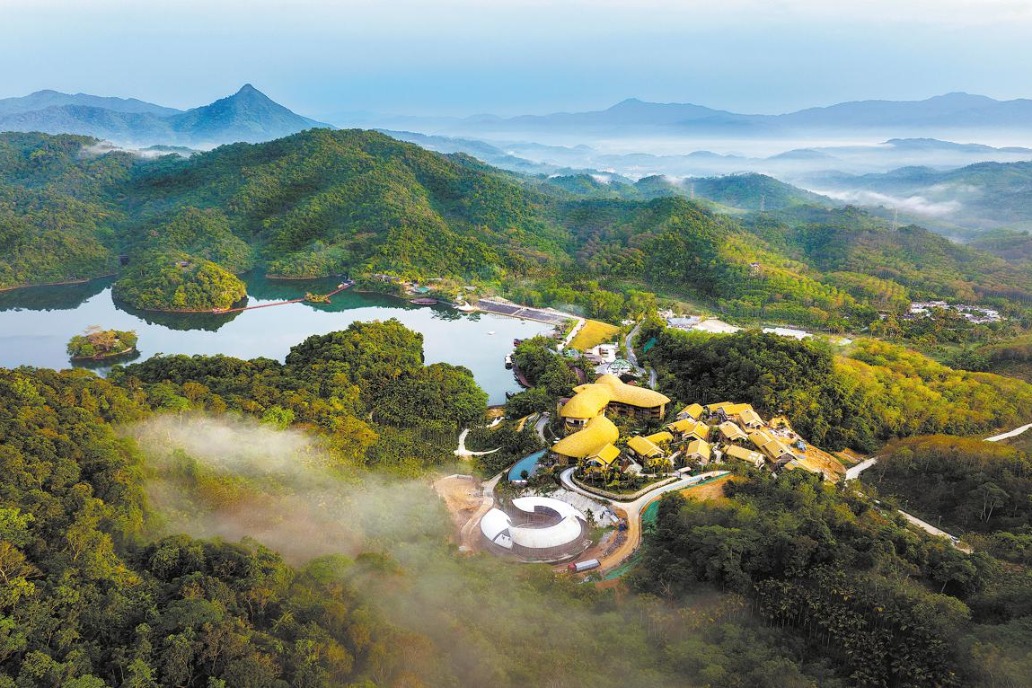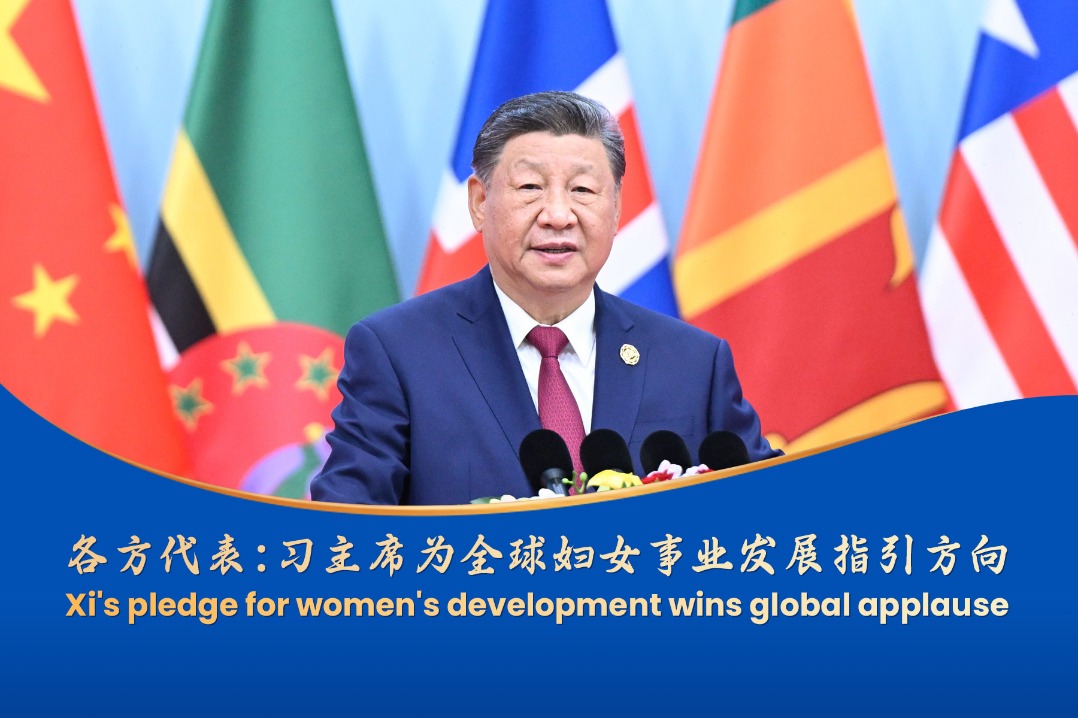Oncologists gather in Tianjin to discuss advances in cancer treatment


Hundreds of oncologists from China, the United States, and other countries gathered in Tianjin for the 10th International Conference on Cancer Precision Medicine of the China Anti-Cancer Association on Saturday, discussing cutting-edge advances in precision cancer therapies and the transformative potential of artificial intelligence in reshaping oncology.
United States' National Academy of Medicine member Otis Brawley, a leading voice in cancer prevention and control, expressed deep admiration for China's medical expertise and facilities. "Tremendous respect for the doctors and the hospitals in China," he remarked.
"I've worked with Chinese doctors in the United States," Brawley said, reflecting on his collaborations, "The only difference between the doctors that work with and share China and the doctors I work with is the language. The quality of medicine, quality of science is the same."
Another US National Academy of Medicine member, Eric Holland, shared his impressions after visiting a local hospital.
"I was very impressed by the number of patients that are seen, I was very impressed by the therapy that is being developed," he said. He added that the efforts in China appeared "more organized than many of the things that I've seen," and that he has "very high expectations for outcome".
On the role of artificial intelligence, Brawley voiced both excitement and caution. "I think AI is going to be very helpful," he said, pointing to its potential in classifying breast cancer aggressiveness via mammography, which may eventually reduce reliance on molecular diagnostics.
Holland underlined China's unique capacity to drive precision oncology forward. "Our ability to be precise and understand how similar two tumors are, requires large numbers of patients. And that is one thing that China has," he said. He also praised the enthusiasm, willingness and interest, supported by the government and the hospitals in China, to tackle the cancer burden.
Organized by the cancer vaccine professional committee of the China Anti-Cancer Association, and hosted by Tianjin Cancer Hospital Airport Hospital, the event marked the return to Tianjin a decade after the city held the first such forum co-chaired by Academician Hao Xishan and Academician Raju Kucherlapati.
In his opening address, professor Hao Jihui, president of Tianjin Cancer Hospital Airport Hospital, emphasized the institution's active embrace of precision medicine.
"We look forward to deepening cooperation with global colleagues through this conference and jointly contributing to the improvement of cancer prevention and treatment," he said.
























